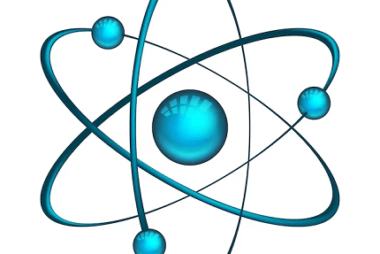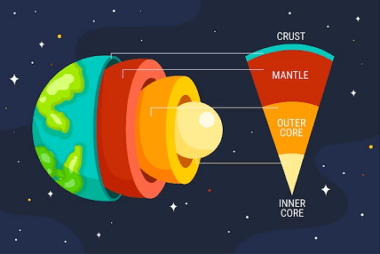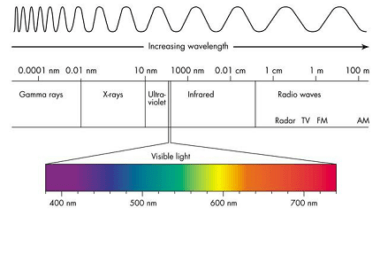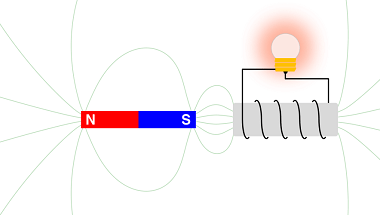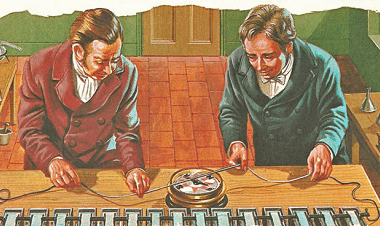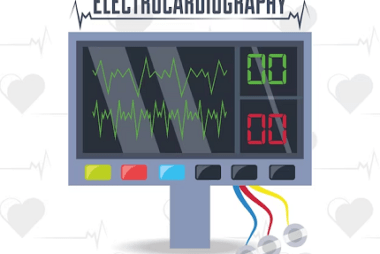Crash Course NEET CHEMISTRY SYLLABUS Electronic Devices
Electronic Devices Electronic devices refer to devices that manipulate electrical current or electromagnetic fields to perform specific tasks. These devices are crucial components of modern technology and are present in various aspects of our daily lives. They can be broadly classified into two categories: active and passive devices. These are just a few examples of…

